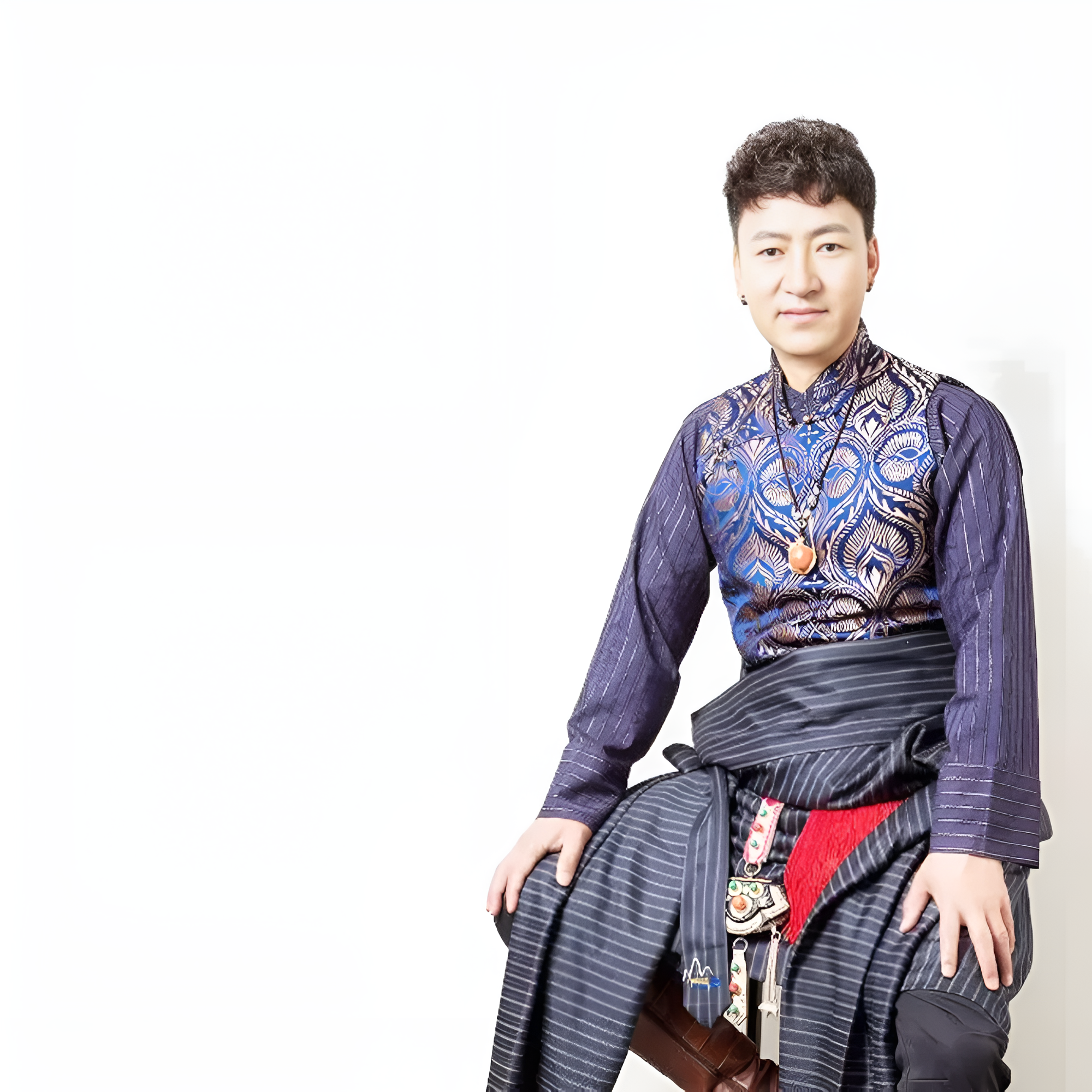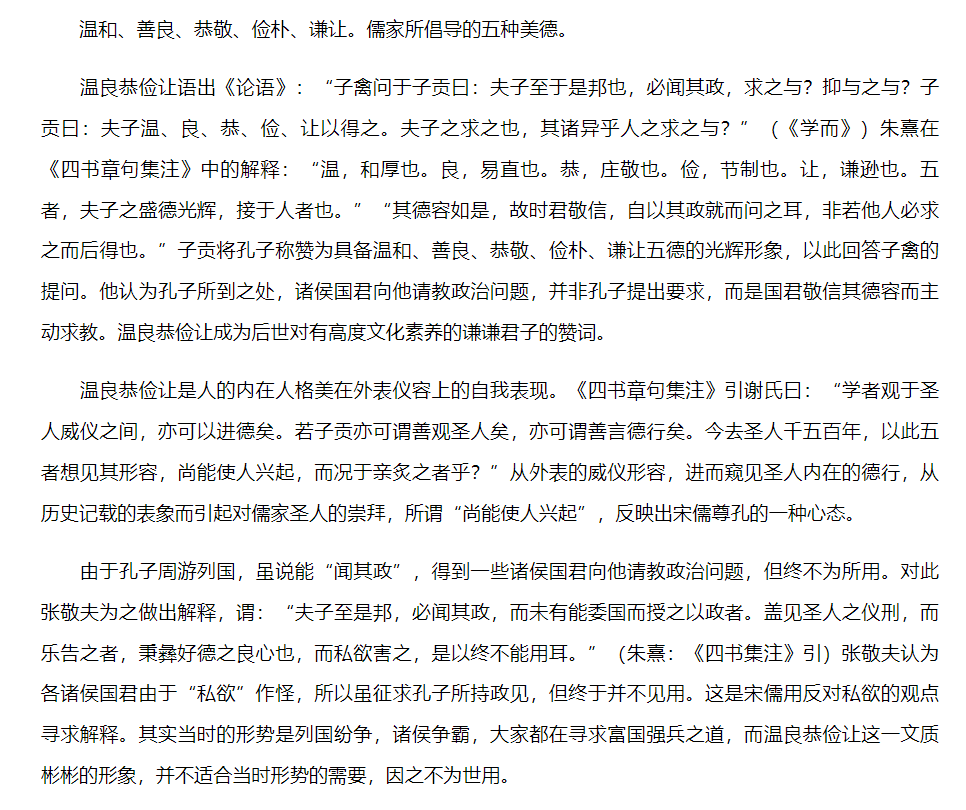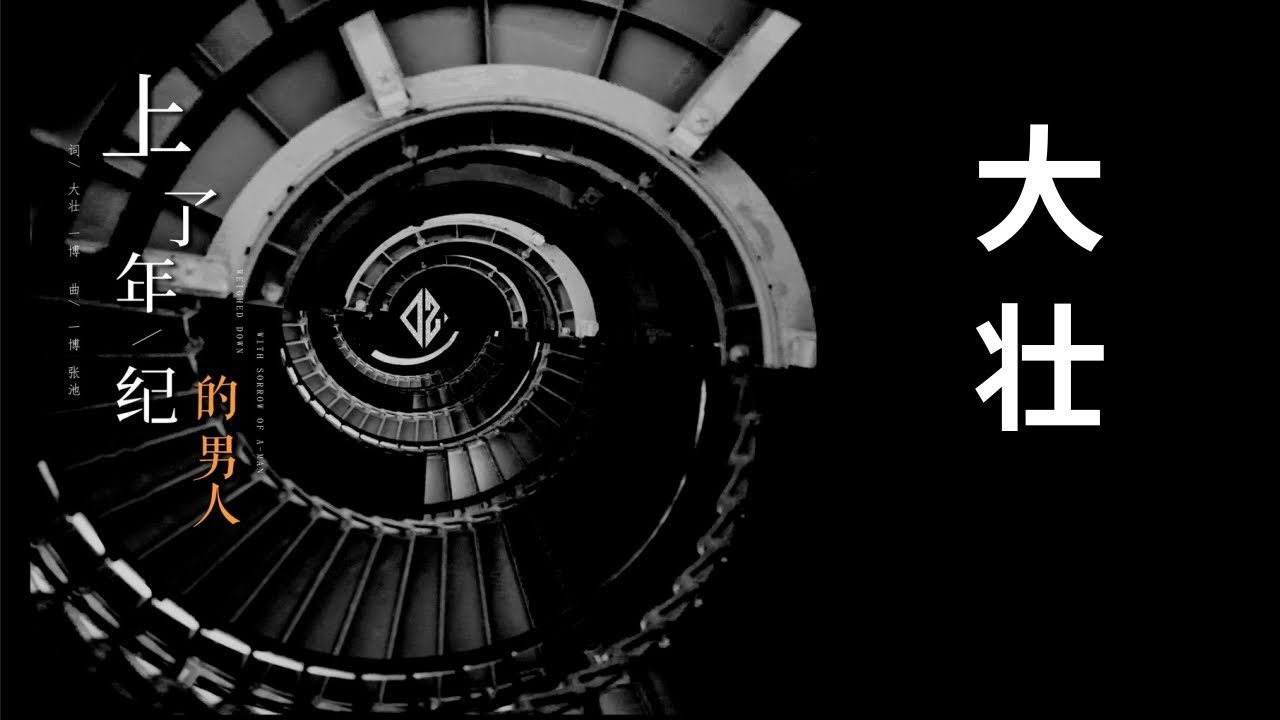


Dominio de Pingus is a Spanish winery located in Quintanilla de Onésimo in Valladolid province with vineyards in La Horra area of the Ribera del Duero region. The estate's flagship wine, Pingus, is considered a "cult wine", sold at extremely high prices while remaining very inaccessible,[1][2] and commands an average price of $811 per bottle.[3]
The winery also produces a second wine, Flor de Pingus, and a special cuvée, Ribera del Duero "Amelia". Recently, Dominio de Pingus has founded a joint project with local grape producers to make an old vine tempranillo called "PSI".
Dominio de Pingus was established in 1995 by Danish oenologist Peter Sisseck, also manager of the Pesquera de Duero estate Hacienda Monasterio.[4] On the estate's winemaking philosophies, Sisseck has stated, "The vines in my plots are very old. They have never been fertilised nor treated with pesticides and all grow following the traditional en vaso system. They are perfect."[4]
About the first 1995 vintage of Pingus, Robert Parker declared, "One of the greatest and most exciting wines I have ever tasted".[5] With a very limited first vintage production, only 325 cases were made with prices initially set at US$200 per bottle, it became yet more scarce when in November 1997 the ship transporting a U.S. bound shipment of 75 cases disappeared somewhere off the Azores in the North Atlantic Ocean.[6] The shipwreck resulted in a dramatic reaction in the US market, with prices soon rising to $495 per bottle.[5][6]
At the Ronda WineCreator conference of April 2008, Sisseck was angered by suggestions by Decanter editor Guy Woodward that some winemakers make wines to suit the palates of certain critics. In response he called Woodward's remarks arrogant for implying winemakers do not have their own opinions, adding, "I don't even think it is possible to do this."[7]
In 2007 it was announced that the Spanish government had approved plans to expand highway roads through the vineyards of Dominio de Pingus and other wineries, which was met with strong opposition by Sisseck who called it a "vengeful measure".[8]
Planted with very old vines of Tinto Fino, i.e. Tempranillo, the vineyards are 2.5 hectares (6.2 acres) in Barrosso with vines exceeding 65 years and 1.5 hectares (3.7 acres) in San Cristobal with vines older than 70 years, and the unusually low average yield of 12 hL per hectare. Since 2000, the viticulture has been biodynamic. Of the annual production of Pingus there is typically less than 500 cases, though in poor vintages no Pingus is made.
The production of the second wine Flor de Pingus, also 100% Tempranillo, is made with fruit from rented vineyards in the La Horra zone, with vines older than 35 years. Since the 2005 vintage, the viticulture has been biodynamic. The annual production is on average 4,000 cases.
Additionally there has been the single barrel cuvée, Ribera del Duero "Amelia", made from a vineyard parcel of 100+ year old vines with an average yield of 10 hL per hectare, with biodynamic viticulture since its initial 2003 vintage. The 2005 vintage had a production of 25 cases.
"PSI" is a joint project based on fruit produced by local grape growers from old tempranillo vines. The goal is to help grape producers and save old vines. Project was founded in 2006, first vintage was 2007. Grape growers are encouraged to employ biodynamic or organic vineyard management practices. The wine is made by Peter Sisseck and Pablo Rubio and sold under producer name Bodegas y Viñedos Alnardo. Vinification takes place in large concrete vats and aging in concrete and wooden tanks and oak barrels. Production of PSI 2009 was 9,600 cases, PSI 2010 was 16,600 cases.

有一个姑娘名叫娥嫚
她家住在陇上江南
流水啊匆匆的
送走了时间
送不走人们深深的卷恋
有一个姑娘名叫娥嫚
她的期盼从未改变
雪山啊高高的
垒起了思念
山遥路远
只为今生见一面
官鹅山水间
剪不断的情缘
眼里的星晨啊
只因她而璀璨
每一轮日出日落
月缺月圆
诉说着官鹅的故事
一直到永远
一直到永远
有一个姑娘名叫娥嫚
她的期盼从未改变
雪山啊高高的
垒起了思念
山遥路远
只为今生见一面
官鹅山水间
剪不断的情缘
眼里的星晨啊
只因她而璀璨
每一轮日出日落
月缺月圆
诉说着官鹅的故事
一直到永远
官鹅山水间
剪不断的情缘
眼里的星晨啊
只因她而璀璨
每一轮日出日落
月缺月圆
诉说着官鹅的故事
一直到永远
一直到永远
DJ版





太多太多的情 让我深深地牵挂
太多太多的爱 让我终身难报答
太多太多的人 让我一辈子放不下
太多太多的话 我多想对你来表达
亲爱的祖国 各族人民亲如一家
辽阔的国土上 有我心中最美的图画
无论我走到哪里 祖国啊祖国
你永远是我的家
我的家
太多太多的情 让我深深地牵挂
太多太多的爱 让我终身难报答
太多太多的人 让我一辈子放不下
太多太多的话 我多想对你来表达
亲爱的祖国 各族人民意气风发
广阔的大地上 到处盛开最美的鲜花
无论我走到哪里 祖国啊祖国
你永远是我的家
我的家
亲爱的祖国 各族人民意气风发
广阔的大地上 到处盛开最美的鲜花
无论我走到哪里 祖国啊祖国
你永远是我的家
我的家
你永远是我的家
永远是我的家
我的家








温从水从昷,昷,送食于囚,适度增加。本意为:适度增加水温,暖水。引申为:适中的温度。古昷、温同。
良从富从亡,亡为隐藏、看不到。本意为:隐藏着的家室充盈,才能充分之意。若“发虑宪求善良”,求的不是我们现在概念的“善良”之人,而是有治国之才与执事之能的善人与良人。
恭《尔雅》:恭,敬也。按:先秦时期恭、敬就是现今礼节、礼貌的概念。恭受礼所节制,以现今的概念就是礼也得按规定而行,不足不恭,恭过则谄。
俭从人从佥。佥为两边、两面。本意为:前后一致。凡从佥的字皆有佥之两面之意。若剑即为两面一致的刀;捡即为以手提起使其两面可见;检即为查木之内外等。
让从言从襄。襄为埋种扣合使二为一,增实于其内也。因此谥法云:辟地有德曰襄。本意为:相责以推贤。《说文》:相责,让也。《国语·晋语》让,推贤也。
温良恭俭让:处事得当、才能卓著、遵纪守礼、表里如一、学识丰富于国有利。
民逐利,以利驱之,君亦人也,闻政以利国而求之,夫子之求之也,其诸异乎人之求之与。

(Quelle:www.chinakongzi.org)













